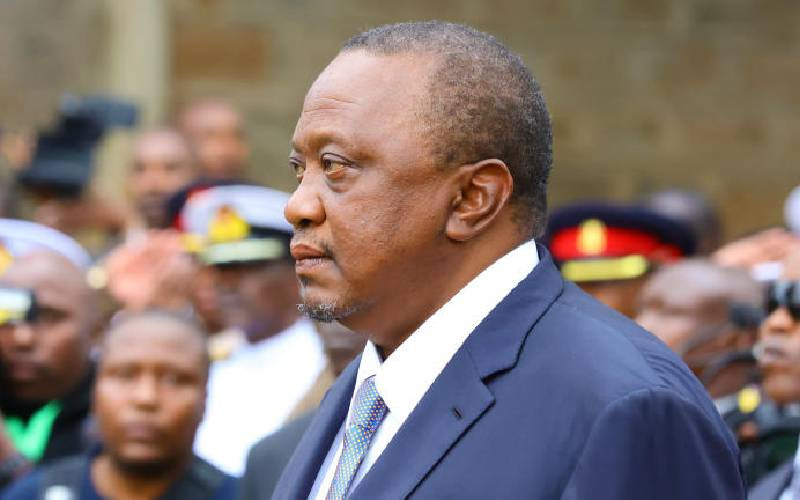
Why Uhuru-led peace process must succeed

Despite its enormous economic potential, Africa may soon be in the grip of doom as self-governance slowly turns into self-destruction.
Bad decisions by authoritarian leaders have cast a waning shadow, threatening stability, growth and human development with unnecessary conflicts in some parts of the continent.
On our side of the continent, the bloody war in Ethiopia and the Rwanda-Democratic Republic of the Congo conflict have undermined the level of harmony and given rise to serious discord.
In the latter case, the activities of M23 and more than 100 armed groups in eastern Congo have caused untold devastation and Kigali has been accused of supporting the rebels. Following the recent rejection, President Paul Kagame offered to effect a ceasefire by the rebels.
In the case of Ethiopia, a bold peace process is taking shape. Earlier this month, commanders of the Ethiopian National Defense Forces and the Tigray People’s Liberation Front met in Nairobi to draw up a crucial ceasefire timeline. Further talks are in line.
With mediation showing good signs in both situations, it is imperative that governments, business leaders and all non-state actors find compelling ways to re-energize peace processes. At any rate, conflicts and their supporters can be unpredictable. It is too early to celebrate. Negotiators must burn the midnight oil to make sure nothing is achieved.
Former President Uhuru Kenyatta, the mediator of the East African Community, has warned that no country can develop through the barrel of a gun. Conflicts should not be seen in isolation. This is why countries, both individually and within the African Union, should not become mute spectators in efforts to ensure competent governments, respect for human rights and good relations with neighbours.
The truth is that the continent has a long way to go. The fragile situation in Mali, Guinea and Burkina Faso found itself worrying the world, with fears that escalating conflicts and delays in civilian rule would displace people.
Rejection of the constitutional mandate could mean that the ruler would rule for eternity. Military regimes have proved brutal. Their defining result is jihadist extremism, widespread poverty and looting. The result has been an increase in sanctions against countries.
African countries, if not the world, must keep up the pressure on heads of government and opposition leaders to engage. Autocratic tendencies that take away people’s right to speak and move through the ballot should have no place in Africa. We should not keep the continent on edge. It could easily backfire.
For the record, peace is not simply the absence of war. There should be justice with this. Those who misuse power should be punished. Ugandan opposition leader Kizza Besigiye is right when he says that we must rise up against poor leadership and a tendency to prioritize peace while turning a deaf ear to the quest for justice.
Those who have created havoc in the DRC and Ethiopia must be brought to book with the full force of the law. According to Human Rights Watch, serious violations of the law of war and human rights have occurred, including extrajudicial killings, rape and sexual violence, illegal shelling and airstrikes, and looting. The victims deserve unconditional justice.
As a keen observer, I am of the view that Africans should spare no effort in their quest for unity of purpose. We cannot take the easy route of blaming the West. The African Union must act beyond press statements. After the Mali crisis in August 2020 and May 2021, followed by the Guinean disorder in September 2021 and the Burkina Faso one in January 2022, what antidote has the UA offered?
Let’s nip the armed conflicts in Ethiopia and Rwanda in the bud to prevent diplomatic rifts from spreading across the landscape. Going the war path would be costly for all. Great countries and continents do not conduct policy and international relations in this way.
The writer is editor at The Standard. Twitter: @markoloo